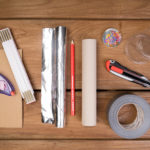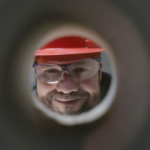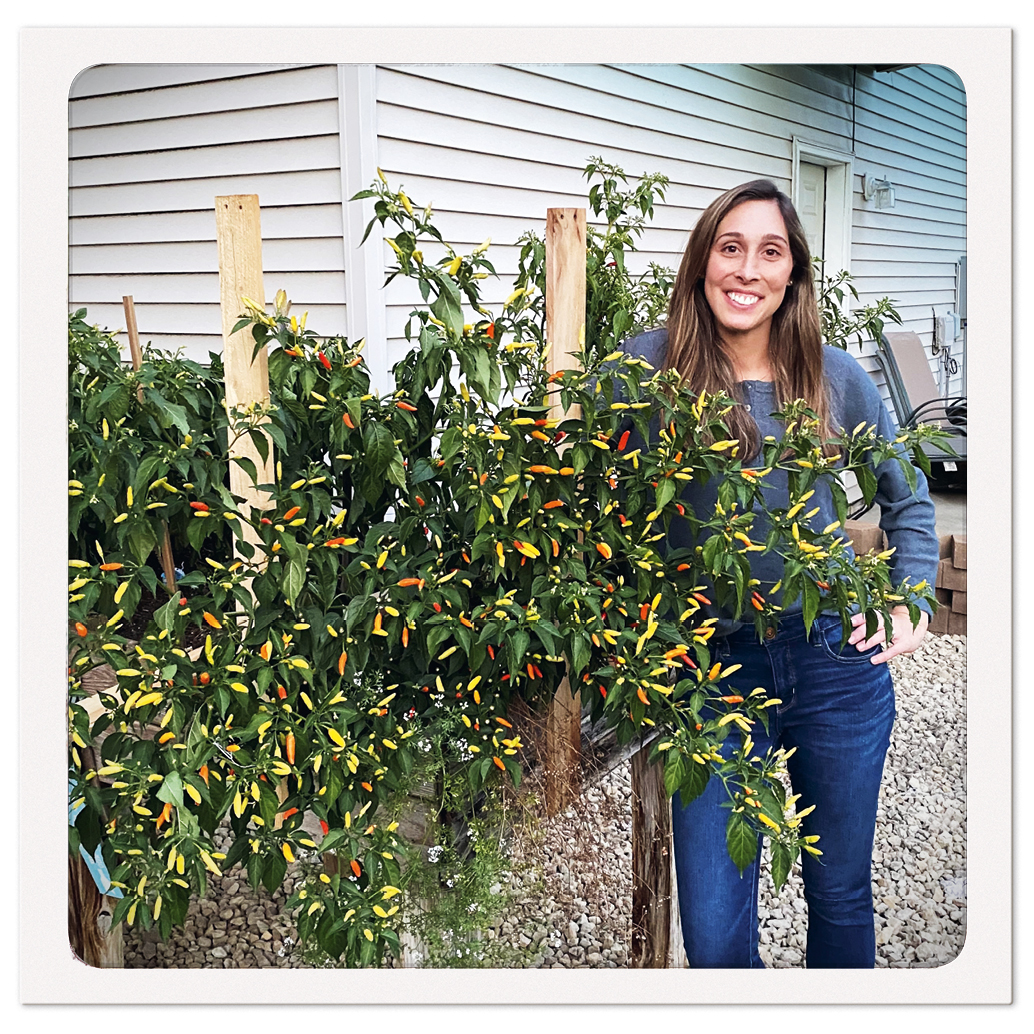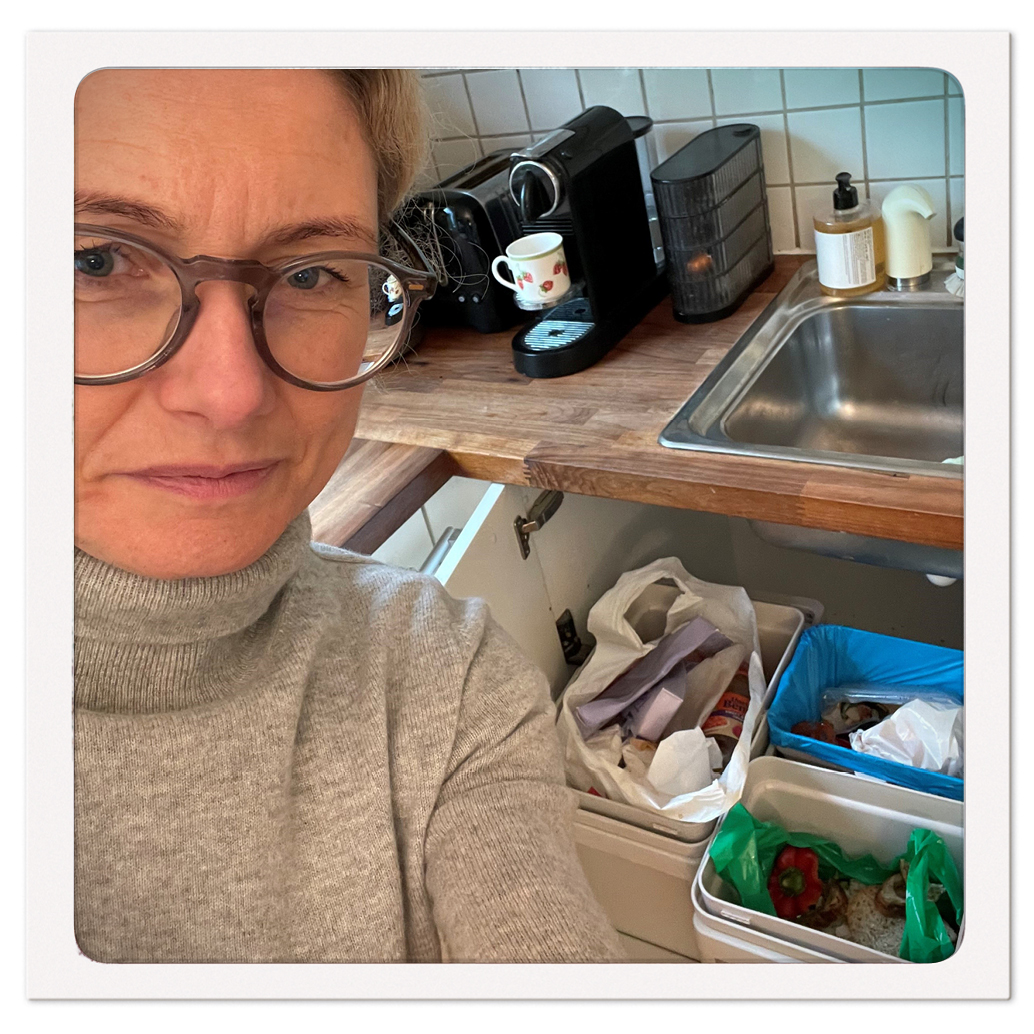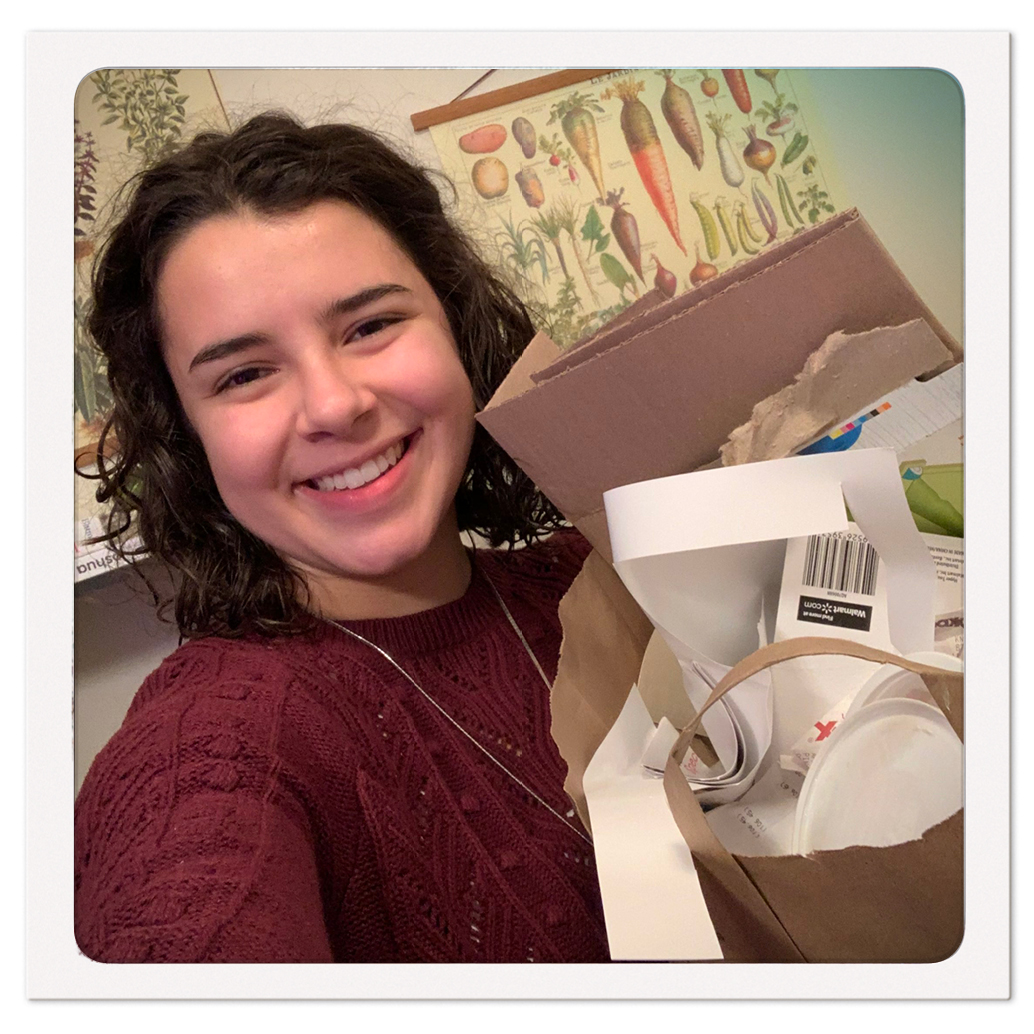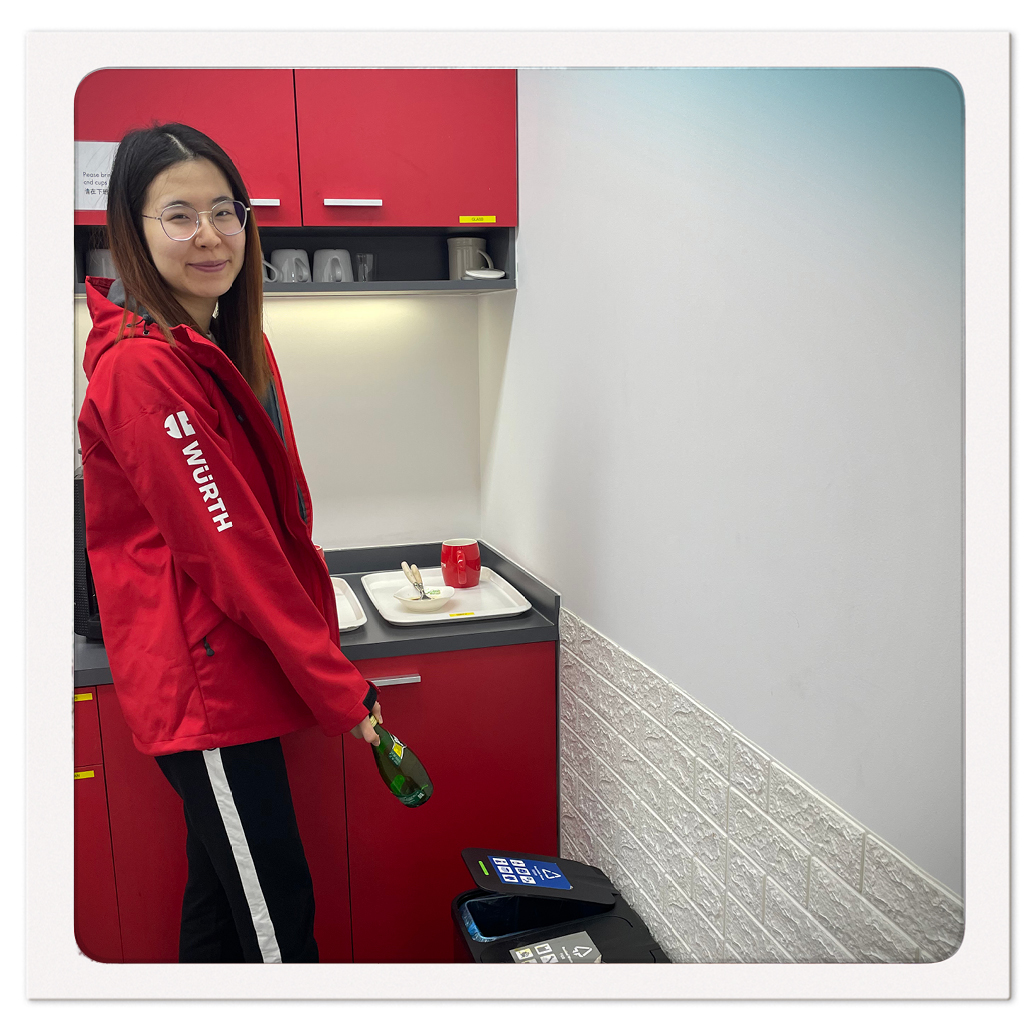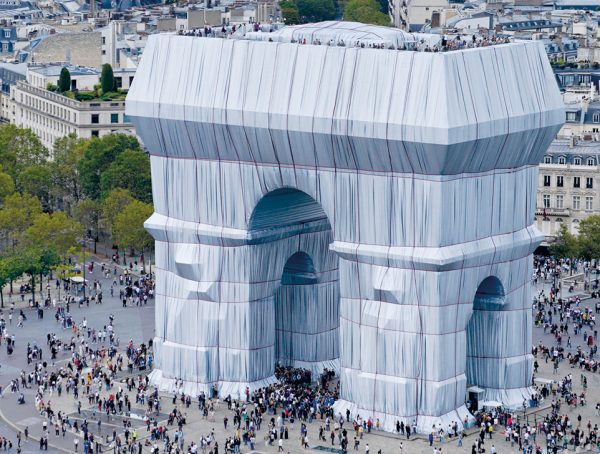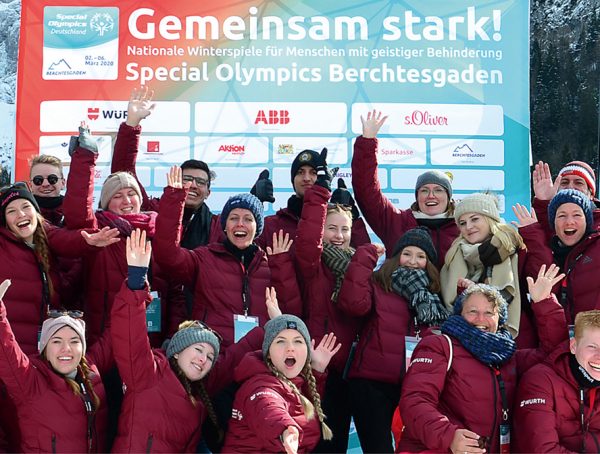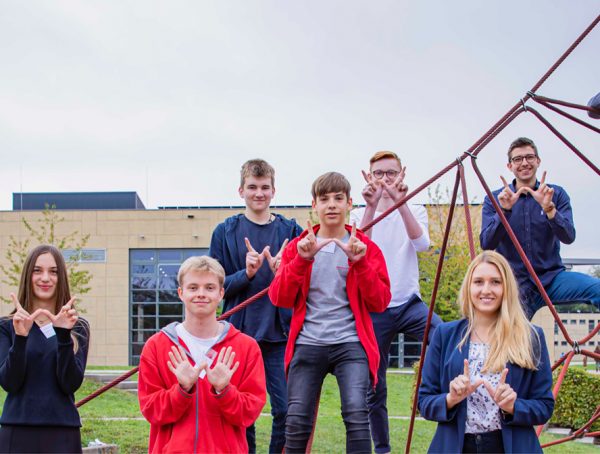Sustainability plays an important role at Würth, even among the individual employees, be it at home or in the office. Some of them give us a glimpse of how they are making their everyday lives greener.
What does it mean to live sustainably? The more we think about this topic, the more we feel as though we cannot do anything right. But it is not a matter of being a perfectionist either. Instead of putting too much pressure on ourselves, we should remember that we can help the environment just by changing a few of our day-to-day habits. Ride the train or bike instead of taking the car, reuse items instead of throwing them away, or consistently recycle: everyone has their own personal areas that are in need of improvement. Würth is concerned with sustainability as a company, together with its workforce of more than 83,000 employees in over 80 countries. That is why we decided to ask around about how sustainability is incorporated into everyday life at Würth. While Rabea from the Sustainability Management team in Germany does not own a car and prefers to ride her bike to work instead, Christopher from Norway relies on electromobility from renewable energy sources. Some locations recycle diligently, and others grow avocados in glass bottles. Mere trifles? Perhaps, but they still make the world a little bit greener.
Fresh from the garden
During the summer, Molly grows vegetables and herbs herself rather than buying pre-packaged ones at the grocery store. The tabasco peppers in the picture, for example, taste even better because they are from her own garden.
Molly Hauer, Marketing, Würth Industry North America
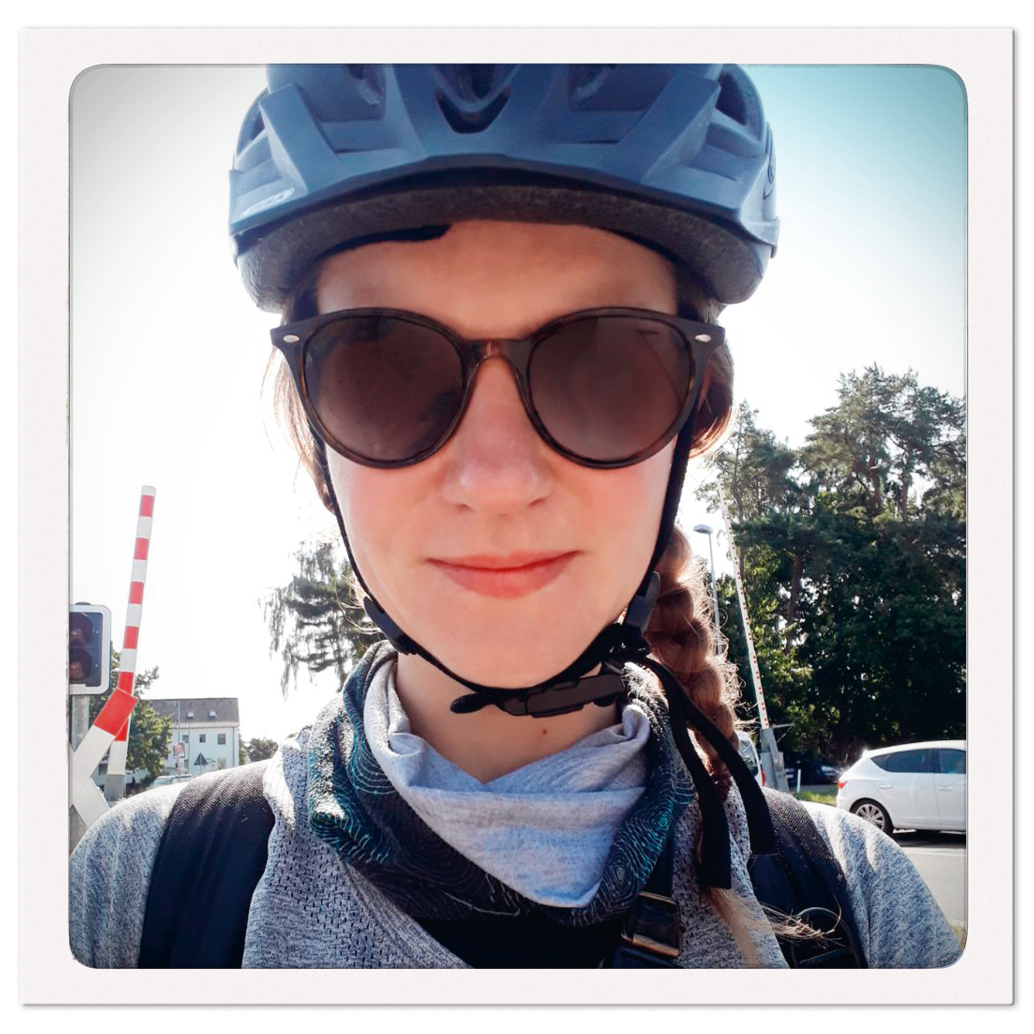
Mobile without a car
A relaxed and climate-friendly bike ride instead of getting stuck in a traffic jam: Rabea has chosen not to own a car, preferring instead to use public transport or her bike.
Rabea Klöpperpieper, Sustainability Management, Würth Germany
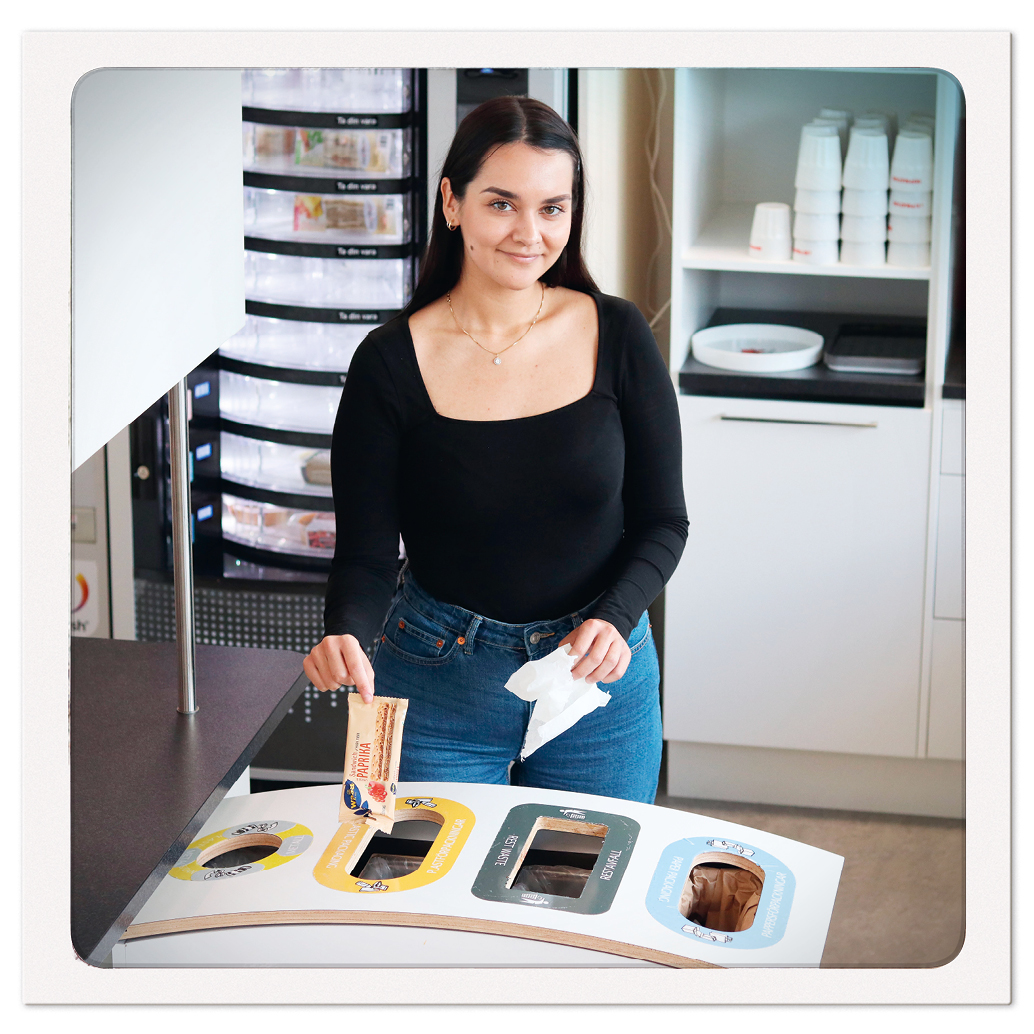
Well sorted
The Swedes are also serious about recycling: “We sort all of the recyclable trash in the cafeteria at our main office: paper, plastic, metal, and residual waste,” explains Sofia.
Sofia Cardenas, Marketing, Würth Sweden
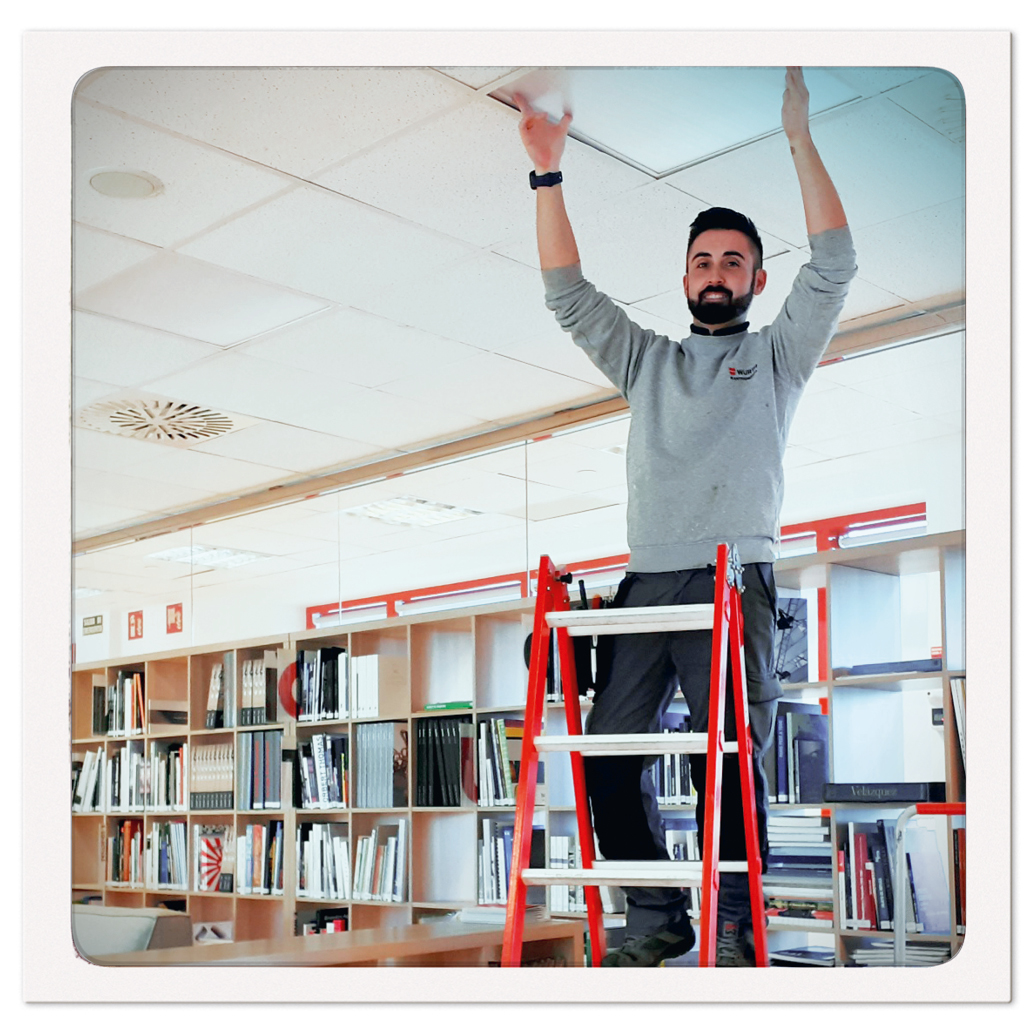
A shining example
Light bulbs can change you: Victor replaces light bulbs with low-energy LEDs. This saves electricity at the location, thus reducing its carbon footprint.
Victor Núñez, Building Maintenance, Würth Spain
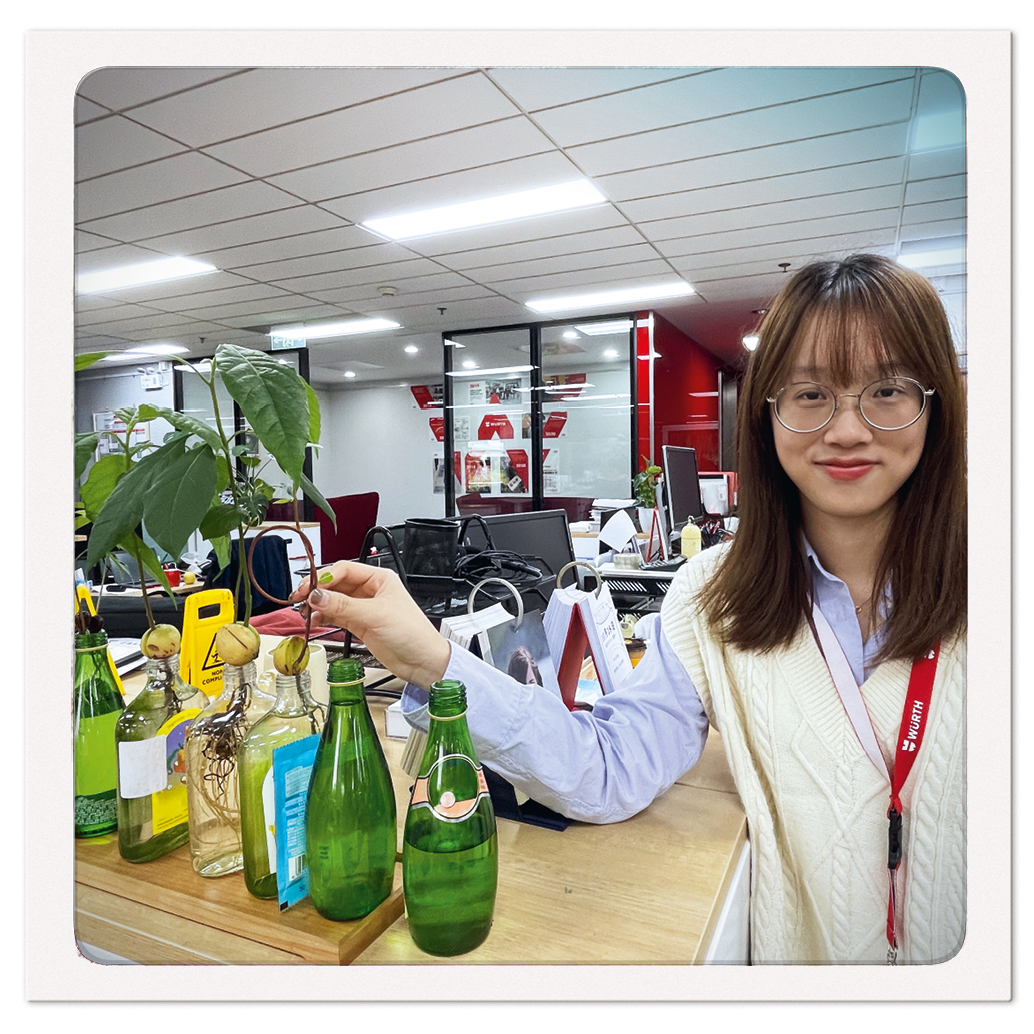
Greenhouse in a bottle
Why throw something away when you can grow something new in it? Ivana grows avocados in used glass bottles, and quite successfully at that.
Ivana Qu, Legal Department, Würth China
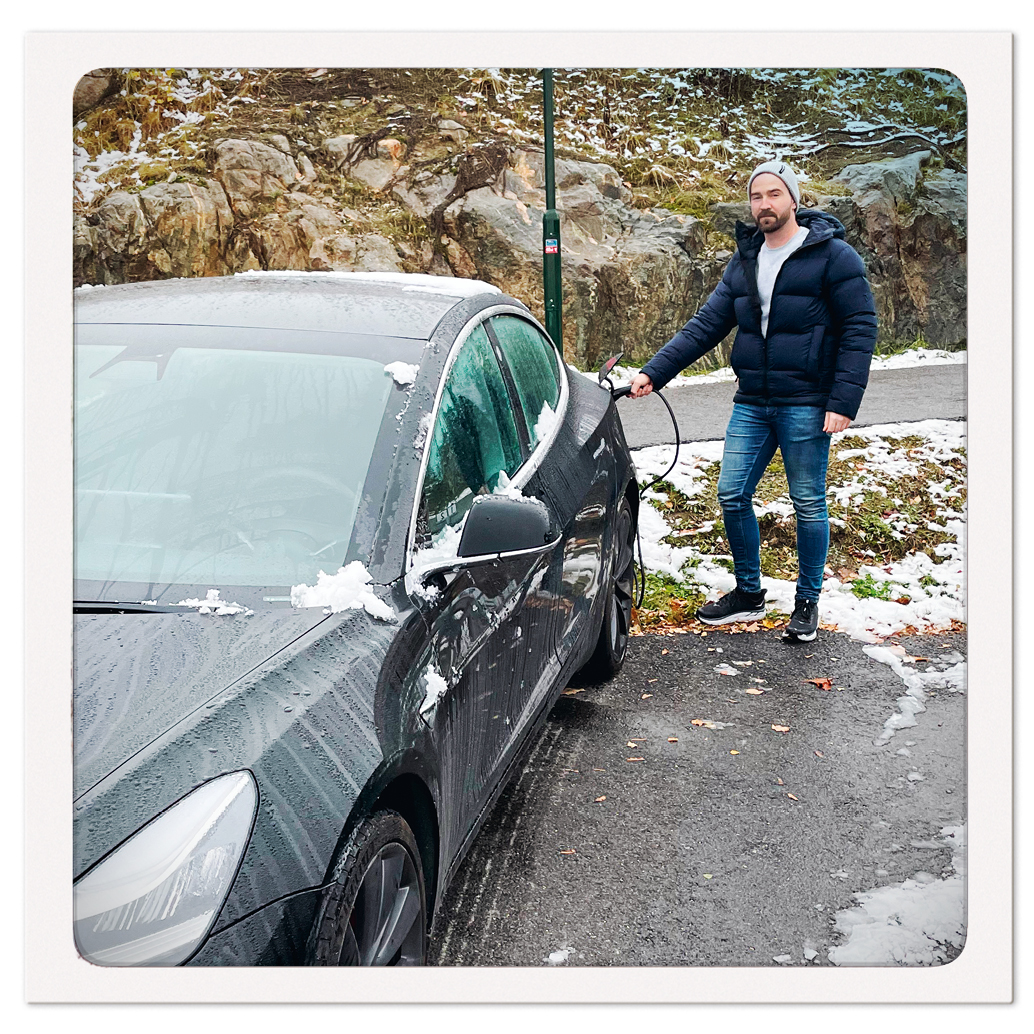
Sustainable charging
Christopher from Norway has set sustainable electromobility as his goal. He “refuels” his car at home exclusively with renewable energy. This means: Christopher only starts charging his car when green energy is available.
Christopher Granung, HSE and Sustainability Management, Würth Norway
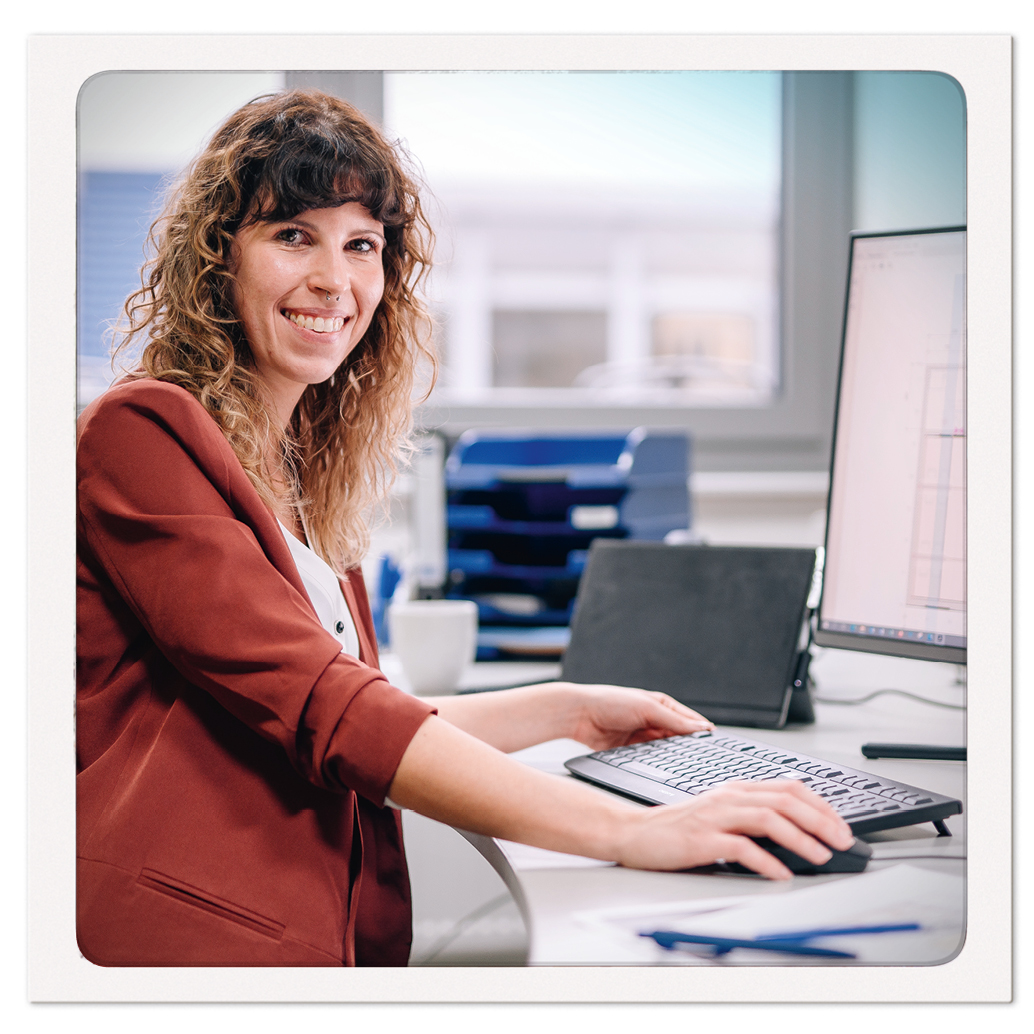
Taking the environment into account
“I design REISSER’s exhibition booths so that we can reuse elements, modules, and samples for the next exhibition. I also use sustainable and fair-trade materials.”
Kirsten Rößler, Marketing, REISSER-Schraubentechnik GmbH, Germany
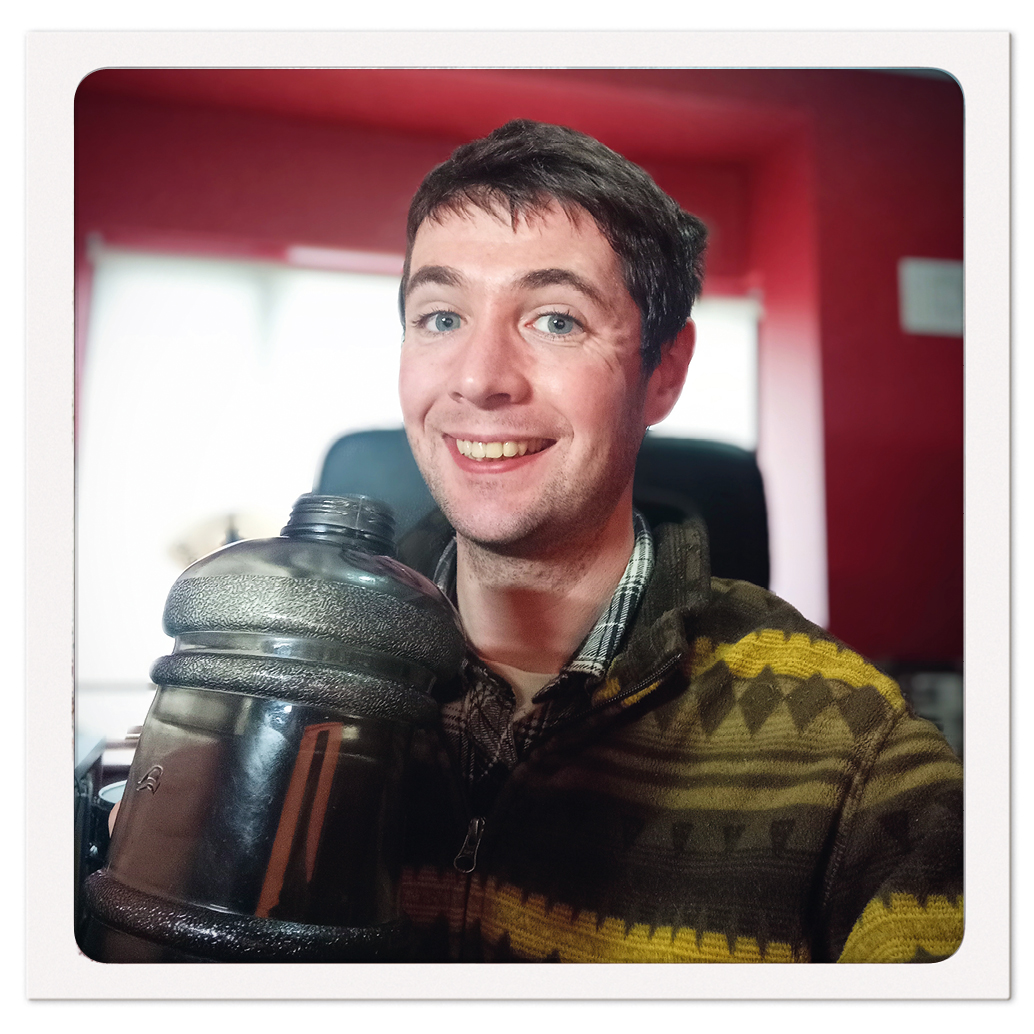
Refreshing without plastic
Drinking lots of water, carrying fewer things around with him, and doing something good for the environment. Simon has eliminated plastic bottles from his life: “I use a large, reusable water bottle to make sure that less plastic ends up in our oceans and rivers!”
Simon O’ CONNOR, Digital Marketing, Würth Irland
Colors help sort waste
Because not all waste is the same, Kari Helene strictly sorts her trash at home. Bags with different colors help her stay on top of things.
Kari Helene Hagen, Head of Marketing, Würth Norway
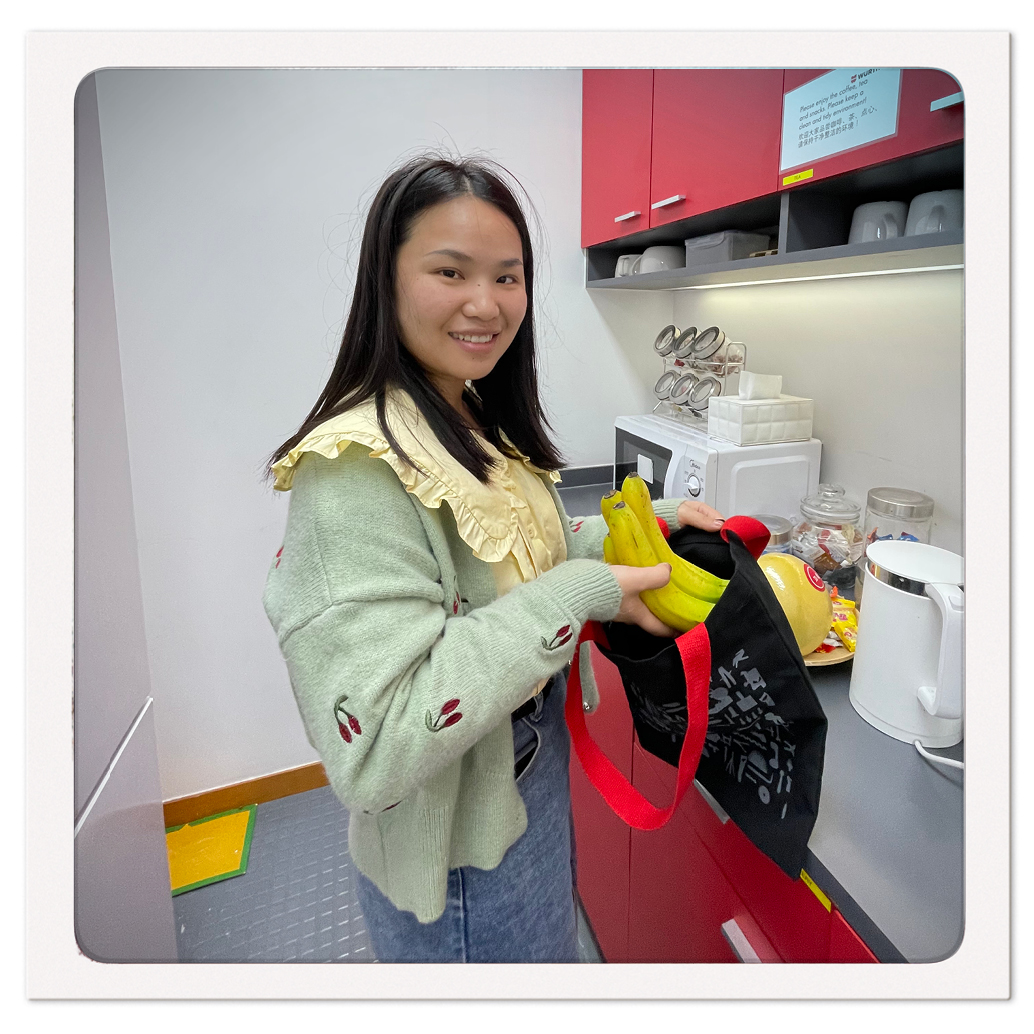
No throwing away food
Whenever there is fruit left over in the office that could go bad over the weekend, Leonie simply takes it home in her bag: a win-win situation.
Leonie Lin, Administration Department, Würth China
Reusing paper bags
Sustainability times two Mary uses the paper bags from her last trip to the grocery store to collect recyclables at home: for example, more paper.
Mary Schaefbauer, Marketing Department, Würth Industry North America
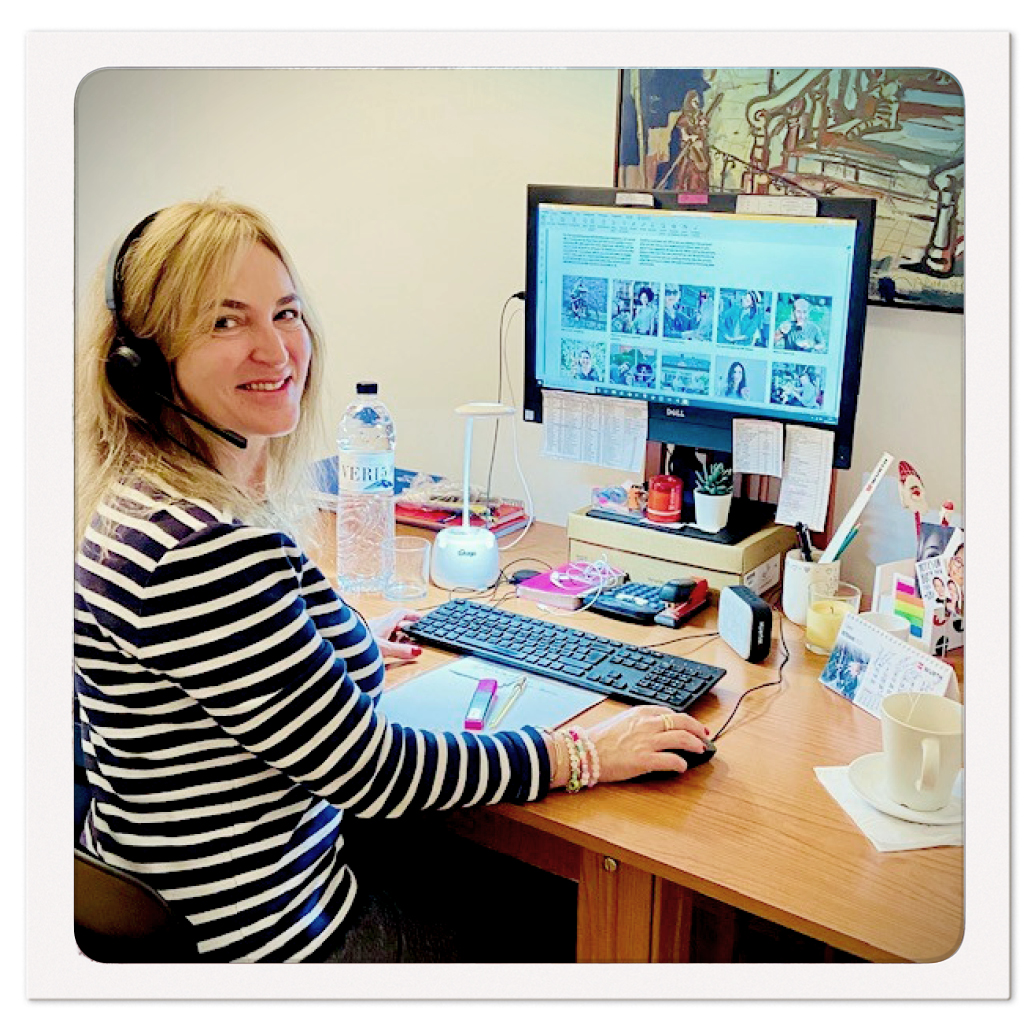
Home office instead of commuting
Marta associates being at home with protecting the environment: “I work from home, which means I do not have to drive my car every day and can avoid polluting the planet.”
Marta Oliveras Ribera, Administrative, Würth Spain
Recycling glass bottles
Plastic bottles no longer cross Yuanyuan’s desk. And because she does not want to produce any unnecessary trash, she throws her used glass bottles into the recycling bin of course.
Yuanyuan Zhuang, Finance Department, Würth China




